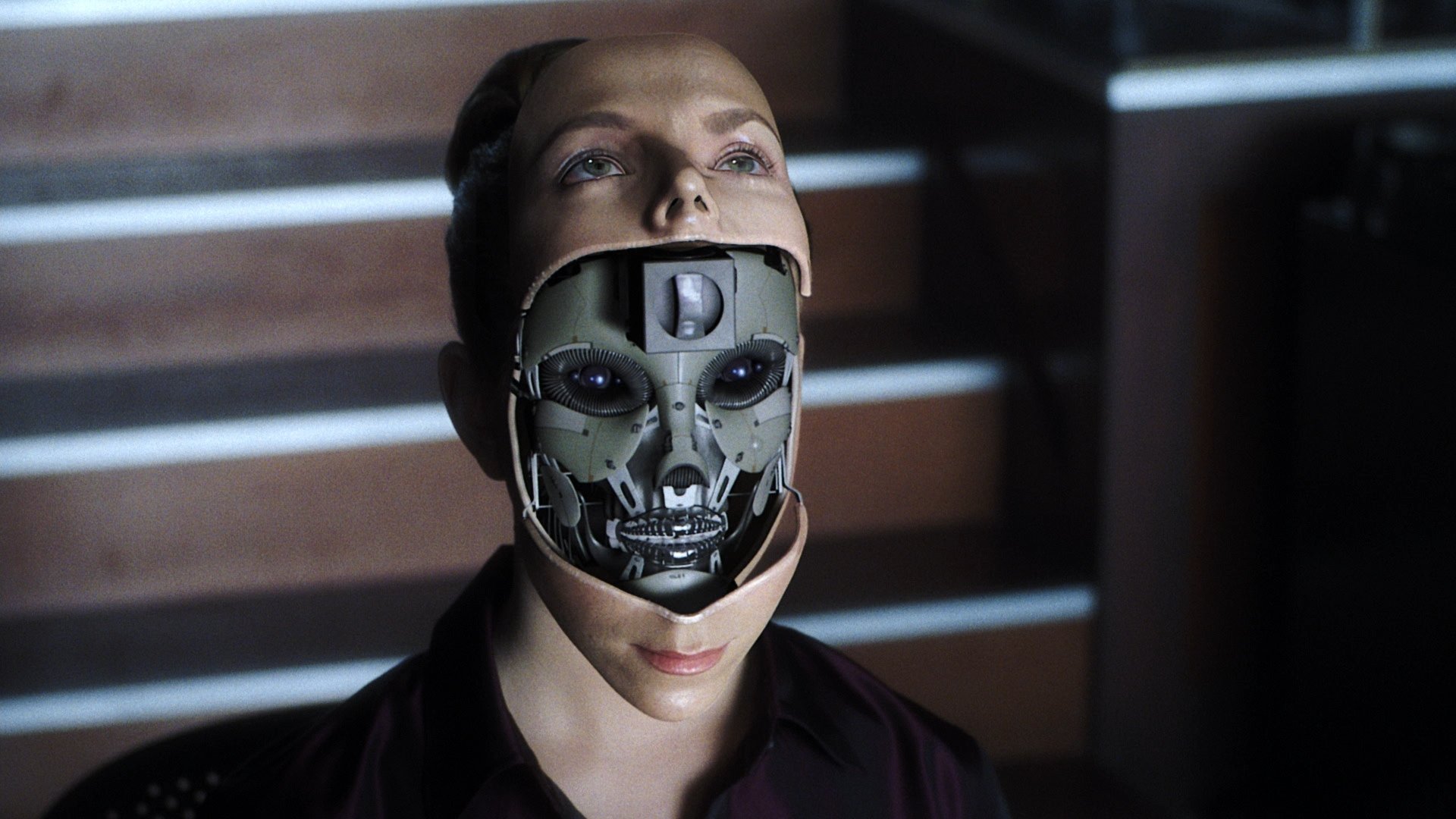
Artificial intelligence, often abbreviated as AI, is no longer just a concept confined to the realm of science fiction. It has rapidly evolved into a powerful tool that is transforming various aspects of our daily lives, from smart assistants in our homes to predictive algorithms in healthcare. The rise of artificial intelligence signals a revolutionary shift in how we approach and solve complex problems in a more efficient and intelligent manner. Whether it's enhancing productivity in businesses or enabling breakthroughs in scientific research, AI has become an integral part of our modern world.
Through the amalgamation of advanced algorithms, machine learning techniques, and vast amounts of data, artificial intelligence has the potential to revolutionize industries and redefine the way we interact with technology. As we stand on the cusp of this technological revolution, the possibilities of AI seem limitless. However, with great power comes great responsibility, and the ethical implications of AI development are becoming increasingly significant. It is imperative that we navigate these uncharted waters carefully, ensuring that the benefits of artificial intelligence are harnessed responsibly for the betterment of society.
History of Artificial Intelligence
Artificial Intelligence has a rich history dating back to the 1950s. Researchers aimed to create machines that could mimic human intelligence, leading to the birth of AI as a field of study.
In the early days, AI pioneers like Alan Turing and John McCarthy laid the foundation for the development of intelligent machines by proposing key concepts and algorithms.
Over the decades, advancements in computing power and breakthroughs in machine learning have propelled AI to new heights, enabling applications across various industries and revolutionizing the way we live and work.
Ai Search
Current Applications
In today's world, artificial intelligence has become an integral part of diverse industries. One of its prominent applications is in the healthcare sector, where AI algorithms are being used to analyze medical imaging scans with remarkable accuracy. This has significantly improved the speed and precision of diagnosing conditions such as cancer, thereby helping healthcare professionals in providing timely and effective treatments to patients.
Another area where artificial intelligence is making waves is in the field of finance. Financial institutions are leveraging AI-powered algorithms to predict market trends, assess risks, and optimize trading strategies. By analyzing vast amounts of data in real-time, AI systems can provide valuable insights to investors and aid in making informed decisions. This not only enhances the efficiency of financial operations but also contributes to better risk management practices.
Moreover, the automotive industry is undergoing a transformation with the integration of artificial intelligence in the development of self-driving vehicles. AI technology enables these vehicles to perceive their surroundings, navigate complex environments, and make real-time decisions to ensure safe and efficient transportation. With ongoing advancements in AI, autonomous driving capabilities are becoming increasingly sophisticated, promising a future where road safety and traffic management are revolutionized.
Future Implications
Artificial intelligence is poised to revolutionize numerous industries, leading to increased efficiency and productivity. As AI continues to advance, we can expect to see new job opportunities emerge while some traditional roles may become automated. Businesses that embrace AI technologies will likely gain a competitive edge, offering tailored solutions and personalized experiences to their customers.
Moreover, the widespread adoption of AI raises important ethical considerations. As machines become more autonomous, questions surrounding responsibility, accountability, and bias in decision-making will need to be addressed. Governments and organizations will have to establish comprehensive guidelines and regulations to ensure that AI is developed and used ethically, protecting individuals and society as a whole.
Looking ahead, the integration of AI into various aspects of our lives is inevitable. From healthcare and education to transportation and entertainment, AI has the potential to enhance our daily experiences and transform the way we interact with technology. By understanding and harnessing the power of artificial intelligence, we can shape a future where innovation and progress go hand in hand.